
The internet is a powerful tool.

It opens up new opportunities for everyone.

It can help with teaching and learning.

It can create discussions, promote creativity and effective learning.

Everyone should have safe internet access.

The policy is in place to make sure everyone is able to use the internet appropriately and safely.
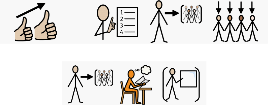
The development of this policy involves everyone involved in the students’ education.

This includes directors, the principal and other senior leaders. Teachers and other college staff are also involved.

It also includes parents and carers, members of the community and the students themselves.

There are potential dangers.

New technologies can put people at risk within and outside of college.
Some of these dangers include:

- Access to illegal, harmful or inappropriate images.

- Unauthorised access to personal information.

- Unauthorised access to loss of personal information.

- Unauthorised access to the sharing of personal information

- The risk of being subject to grooming, by those they make contact with over the internet.

- Sharing of personal images without the students’ knowledge or consent

- Inappropriate communication or contact with others including strangers.
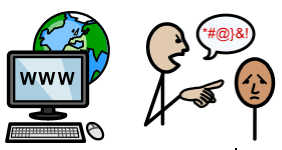
- Cyber-bullying.

- Access to unsuitable video or internet games.

- Inability to establish the difference between fake or real news.

- Copyright infringement.

- Illegal downloading of music or video files.

- Excessive use which may impact on the social, emotional development and learning of the student.

- They may be at risk of radicalisation through inappropriate content or contact.
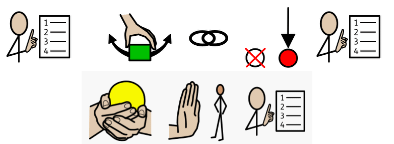
This policy is used along with other college policies. Eg Safeguarding policy or the prevent policy.

As with all risks, it is impossible to eliminate them completely.
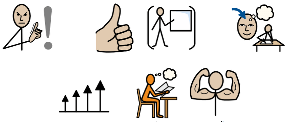
It is therefore essential through good education and training to build students’ resilience.

We also need to build up students’ confidence and skills to deal with these risks.



Rotherham Opportunities College will provide the necessary safeguards to help make sure that everything has been done to manage and reduce these risks.
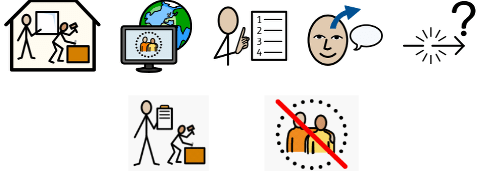
Our Online Safety Policy explains how to manage the risks.

This will, in order to help students be responsible users and stay safe while using the internet and other communications technologies for educational, personal and recreational use.

We encourage students to take a responsible approach.

The education of students in online safety is therefore an essential part of the college’s online safety provision.

Students need the help and support of the college to recognise and avoid online safety risks and build their resilience.

Online safety education will be provided in the following ways:

- Key online safety messages should be reinforced as part of a planned programme of tutorial and teaching activities.

- Students should be taught in sessions to be aware of the materials / content they access on-line and be guided to validate the accuracy of the information.

- Students should be helped to understand the need for the student AUP and encouraged to adopt safe and responsible use of ICT, the internet and mobile devices both within and outside their educational provision

- Students should be taught to acknowledge the source of information used and to respect copyright when using material accessed on the internet.

- Students should be taught the dangers that can exist through the use of inappropriate websites, the potential of on-line grooming for exploitation or radicalisation purposes.

- Staff should act as good role models in their use of ICT, the internet and mobile devices.

